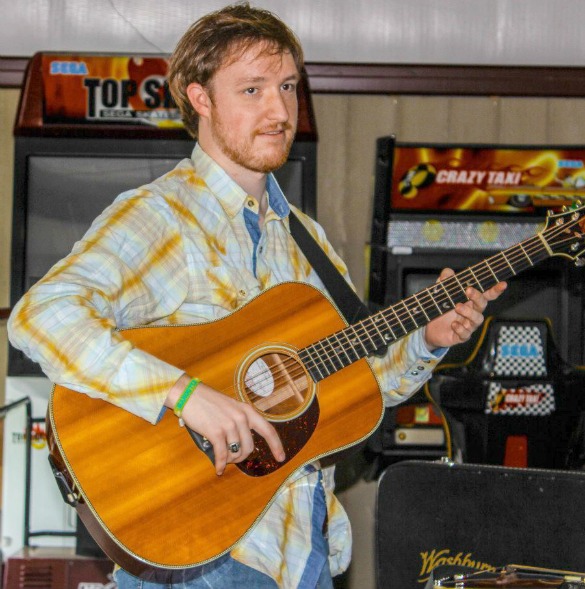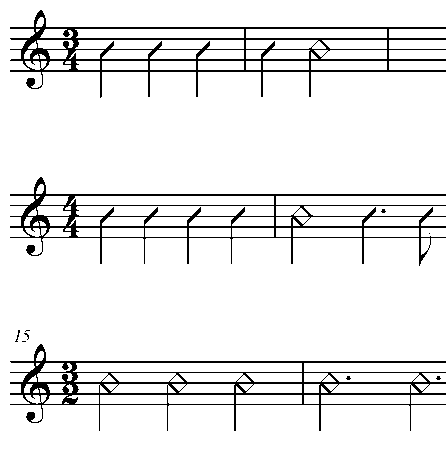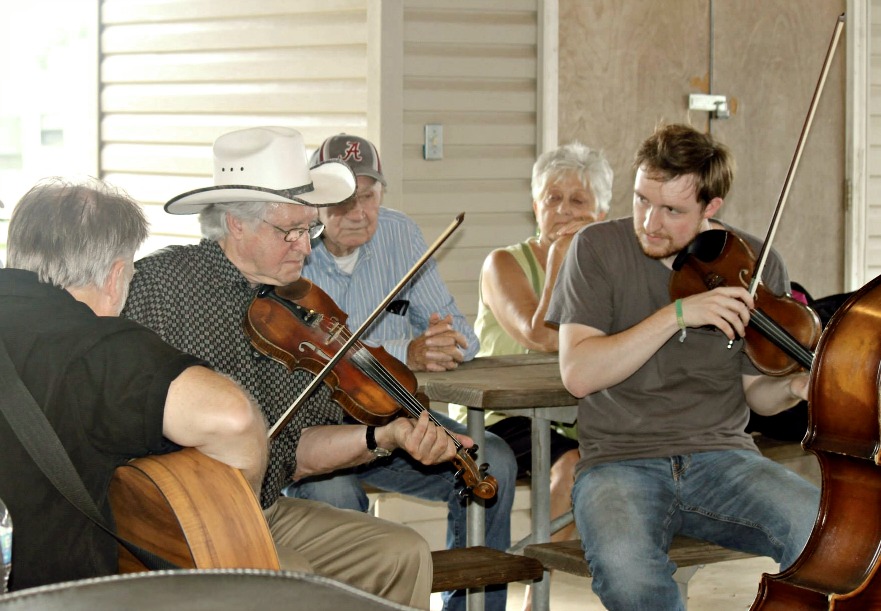This is How I Teach Music...
I don't JUST teach music. I'm a professionally performing musician. Because of this, I teach a little differently from other teachers I know, and here is why:
Why I'm a Different Kind of Music Teacher
Getting the Most Out of Your Instrument
I grew up playing in contests on several instruments, so I had to make sure I could play as well as possible. In order to do that, I had to have perfect technique and tone. Because of my study in how to play as perfectly as possible, I can now accurately diagnose and correct problems with technique on several instruments, and can help problems with tone production.
Playing Well With Others
Since I play in professional bands, I have to be able to play not only as well and as fast as everyone else in the band, but I also have to know my instrument's role in the band and to play exactly what is needed to make the band sound better. I have to be flexible and adaptable to individual situations. I can teach people to be adaptable in these situations as well.
I have lots of "field experience" and know what works on stage and on records, and I can show you things that I know will work in real-life musical situations.
How I Teach Music
Reading Music
I like to teach music reading by using mnemonics to help remember note names in the easiest way possible. The only way to get better at this is through practice, but with a couple of tricks and easy phrases to refer to, the learning will go a lot faster.
I teach the reading of rhythms by actually having students move and count (like clapping or stomping) instead of using purely math and never-ending fractional subdivisions (yawn). This way, you will be learning the rhythms the way you'll actually be playing them in music: by moving.
In Skype lessons, I can email you a PDF of the songs and exercises that we work on.
Learning Music By Ear
Part of the way that I teach is by call and response. I play something, you play it back to me. We break it up into small phrases, learn them one by one, then slowly put them back together.
The reason learning by ear like this is so important is because it actually teaches you music using the same part of your brain that you will use to play it later. This way you not only learn that particular piece of music better, but you learn the skill of listening to a small musical phrase and responding to it. This means you will be able to create new musical phrases on-the-fly when you're on stage, responding to the musicians that you are playing with.
In Skype lessons, I can email you .mp3 recordings of the songs and exercises that we work on.

Theory
When I teach music theory, I do it using the scales and chords that are in the songs that we work on. When we learn multiple songs in the same key, you get better and better at playing other things in that key. Do this with multiple keys, and you will soon have a large portion of the musical universe conquered.
Due to the nature of music theory, it works best when worked on two ways at the same time: learning the scales and chords abstractly, and learning them in the context of certain songs.
Contact Me for Lessons
Want to take some lessons from me? Click Here to contact me and we'll set up a time!

Hope this helps! Practice hard and let me know if you have any questions!


